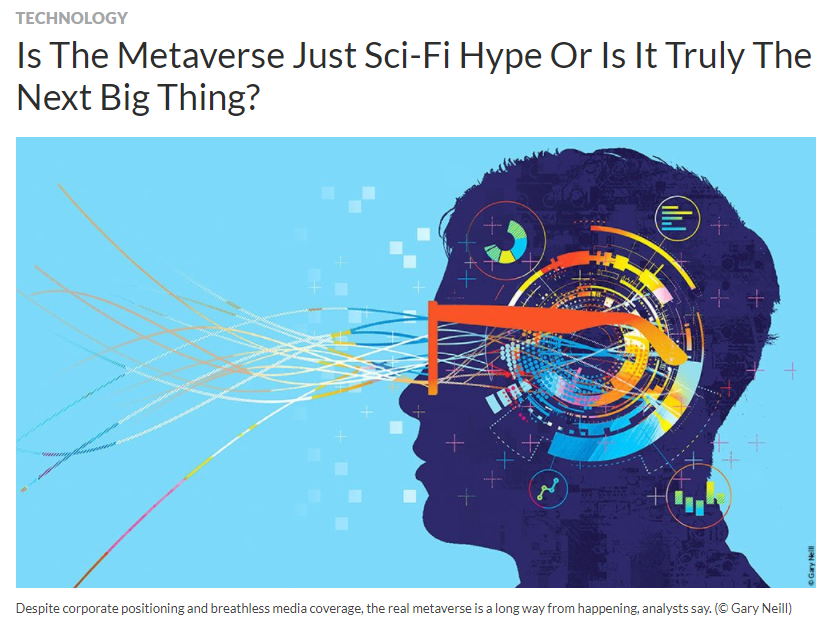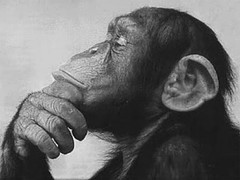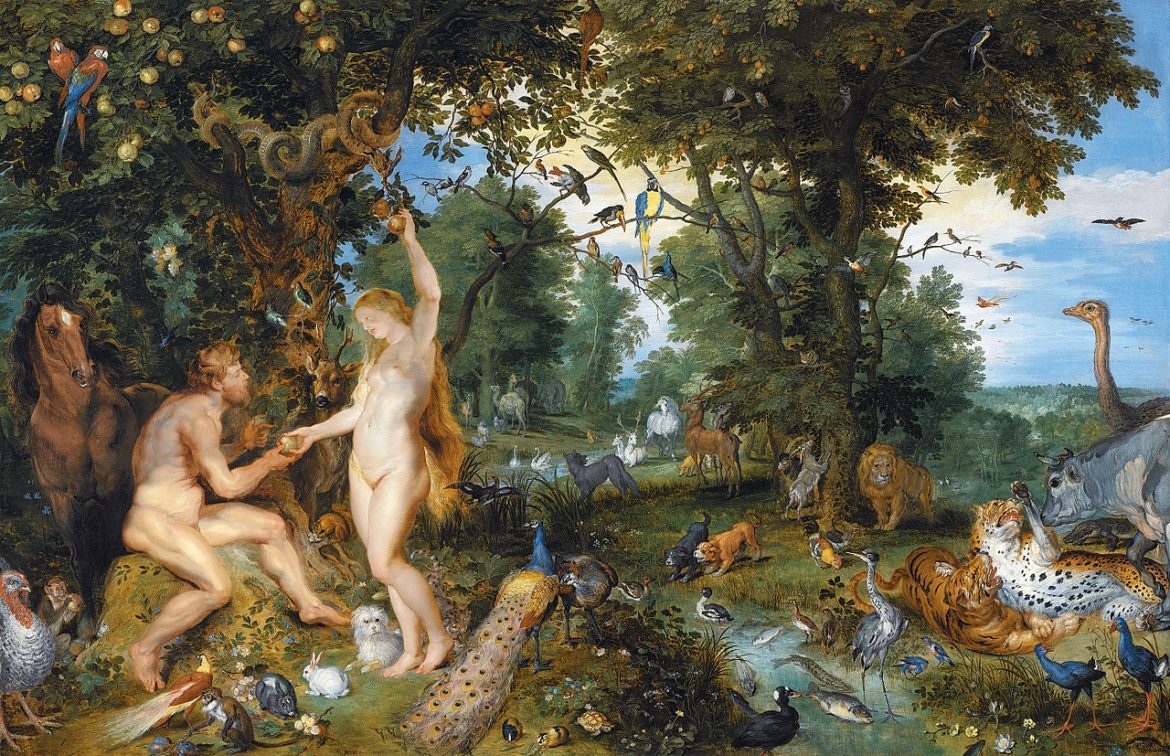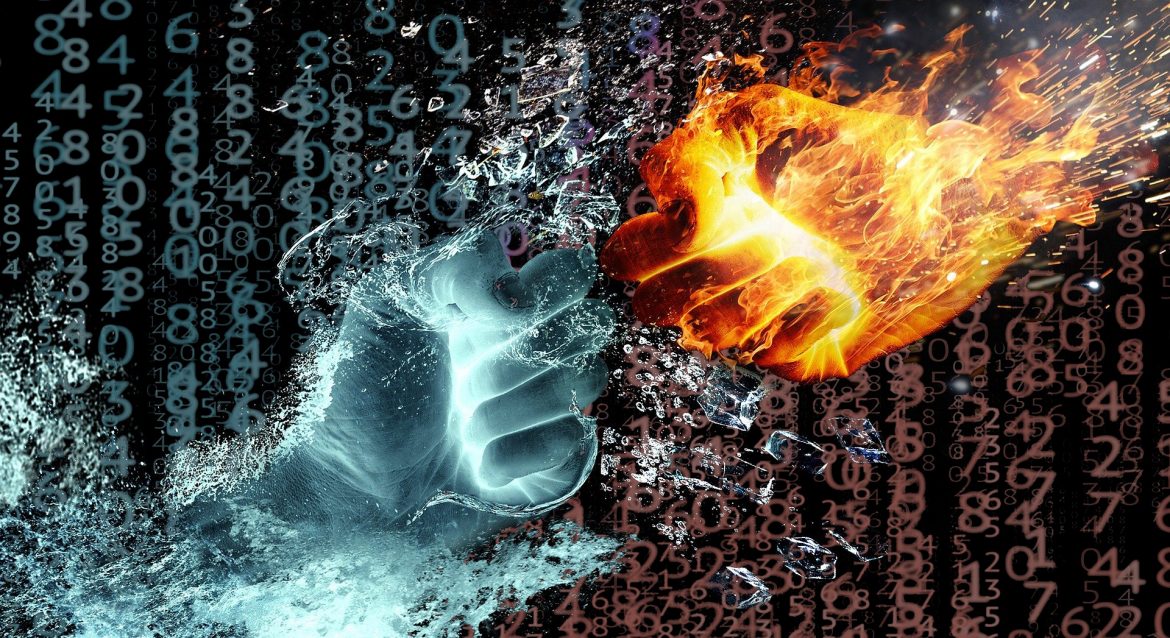“Nothing is evil which is according to nature.” – Marcus Aurelius
A good start
Think of a person you know. Whether that person is a close relative, or a person far far a way in some forgotten place and time. Imagine that person that has the best intention to the world. The best impact. You would consider that person to be a ‘good person’, right? Why so?
We often find the person that has the most relatible behavior to what we would want to instill on the world, to be a good person. It is the bias of our own emotion and empathy that causes us to consider a person as good. Not just someone that acts like we do, but a person that acts like we WANT to do. This is the person we most often see as good.
Now turn it around. Think again, close and home, far and wide, for a person that you think is a bad person. A personification of evil. Yes, that one. Whether it is a man or woman, killed one or millions with their bare hands, or caused such grief it would be considered equal to as if he/she had killed those. Did you find such a person? Of course you did. Again, we find people that do the farthest of what we would do, the worst, the most evil, the most bad person alive. Not just farthest from what we do…but what we imagine we would do.
Can we agree, from this moment on, that someone we think of as good, is a person that upholds the highest positive values we can imagine (want) and a person that upholds the oposite, or undermines the earlier mentioned values the most, we call a bad or evil person?
If you can agree to the above, you are already quite a step further down the line of acknowledging what the end of this post will tell you (no peeking!)
See no evil, hear no evil
“Half of the results of a good intentions are evil; half the results of an evil intention are good.” – Mark Twain
In the previous paragraph, I tried to show you, that there are distinct features to what you will see as evil or good. These distinctions are very important, but the most important part of them is, to understand that they are SUBJECTIVE. It is what you want them to be. The power of upholding your own moral compass depends on the will to believe that what you do is right and what you envision as good IS good, and visa versa.
But imagine that you were actually wrong? Look at the item you hold as good (whether you have rational reasons to accept this as good or not), and see it as evil for a second. Can you? No? It will be hard, but there are reasons you can’t easily change your view. They are the ways your emotions have been ‘etched’ on the cognitive biases you have created/enforced, in your neurology.
“You can think of anything to be good, until the aftermath of the action shows you otherwise.”
People that you might think as evil, have done the same as you, but visa versa. Even sociopaths and psychopaths don’t automatically wake up in the morning: ‘Woah, I need to do something superbly evil today, or people will not think I am a psychopath!’. They wake up as Joe next door, mind you, married and playing in a soccerteam or hard laborer at their company. They don’t intend to do evil, they tend to approach their ideal of good as best as they can. This ideal can seem bad to you, but imagine you have been searching your life for what is good and you found out all around you are dellusional and lying people. Even if they don’t, if you believe it, it will mean those are bad. We can agree that lying is bad, right? Being dellusional is not a healthy treat, right?
Evil is as evil does
So, why do we think that someone did good, even if that person has a history of violence? And now I will come with a very dangerous example, because I myself find this man to have changed the world for the better, as many do: Nelson Mandela.
He fought against apartheid, by many means. He did so by being a lawyer, by presumably using militant force against citizens (these days called terrorism or rebelism). Thanks to his effort new generations of humans live more equal to each other.
Another person, who many think was good, is someone I do not think in any way represents what is good:
Che Guevara.
He fought for freedom of his people in Cuba, but used such brutal force and enjoyed violence at one point, that I can not find myself to agree with anyone wearing a Che silhouet shirt. It is, to me, a utter sense of ignorance of history.
These two are examples of many people, ranging from Mother Theresa, to Ghandi, to worse examples like Stalin, Hitler and Mohammed ‘the prophet’. Sainthood can be attained by showing good, even when being bad. As such, if you don’t openly ‘do bad’, you are not seen as bad or evil (example most vile is Mother Theresa, who gained sainthood, while she openly has shown misconceptions on the need for human suffering on more than one occassion).
The road to hell is paved with good intentions
As you will know from this page, it is in no means a religious page. Even the opposite, it is rationalist and atheist. So why use this phrase used often, regarding an imaginary place from contemporary religious writing? Because of the meaning that is indistinctive calling from it.
The general idea of a place called ‘hell’ in judeo-christian religion, is that of bad omen. If you go there, you did something bad (or not enough good, depending on the perspective of religiosity). In general, all participants of this believe that if you do evil, you go to this place.
Regardless of faith, if you equate ‘hell’ as destructive and negative impacting the environment around one, you could say, that one easily causes unwanted negative effects, while wanting to do good things.
You can think of anything to be good, until the aftermath of the action shows you otherwise. The same is true in reverse. How many stories or movies have you watched, that you were sure the bad guy was bad, until at the end, the real cause and effect was differently explainable, making the bad guy the good guy all along? Yes, that is right. Until the point where the protagonist in the 12 Monkeys accepts that HE is the one who brought out the disease, all viewers are thinking that HE is the good guy. Now a more heavier load is the latest (year 2020) ‘phase’ ended in the ‘MCU’ Marvel Cinematic Universe), where the bad guy Thanos was portrayed as such a rational guy, that his reasons for doing what he did almost seemed good.
Good measurement, evil insight
Good judgment comes from experience, and a lot of that comes from bad judgment. – Will Rogers
Now, I did add the ‘almost’, but the most important thing to remember is, that good and evil don’t exist. They are constructs in our emotional-cognitive worldview. They are concepts, a hatstand for combining observations into a more complex judgement.
Once you forget about the idea of evil and good in the judgemental sense that even the best religions and politics try to hold you on, you will start to make better judgement for yourself. Remember, any human is as good as you, you are as good as any human.
Let me know what you think.









Daar lezen we het zoveelste bericht dat iemand vindt dat een regeringsinstantie of een ander institutioneel apparaat moet ingrijpen in hoe men omgaat met online gedrag.
Ik denk dat iedere weldenkende Nederlander (slash wereldburger) eens moet gaan begrijpen dat ‘online’ en ‘offline’ gedrag geen verschil moet maken. Zeker nu we allen zoveel vaker ‘online’ communiceren door de diverse restricties van de ‘offline’ wereld.
Als je in de winkel iets ziet dat volgens jou niet hoort, zeg je er dan iets van? Ik wel. Mijn identiteit wordt niet beperkt door een glazen schermpje en draadloze verbindingen. Ik ben wie ik ben. Online EN Offline.
Het zou volwassenen sieren, als ze zich online zo gedragen, als ze willen dat hun kinderen zich offline gedragen. Daarnaast ook, dat mensen offline begrijpen dat regels en wetten online ook gewoon van toepassing zijn.
Het uitleggen van gedrag aan kinderen geeft ons een spiegel als volwassenen op onszelf. Zijn wij zo verdraagzaam? Zijn wij zo tolerant? Zij wij zo mondig?
De volgende keer dat je iemand online wilt uitschelden, denk dan aan de jeugd die dat bijna tot een kunst verheven heeft en een klasgenootje de dood in kunnen drijven. Waar denk je dat ze dat vandaan hebben? Hoe zou jij als volwassene dat hebben kunnen voorkomen? Misschien door te leiden met voorbeeld?
Wees je bewust van je acties en van de observatie van jouw gedrag.
Lees je eigen berichten eens als een vreemde…zou jij dat accepteren? Zou jij je er fijn bij voelen?
#meta #bewustzijn #awareness #metawareness #eerlijkheid #opvoeding #cyberbullying #cybercrime #omdenken #spiegel #mirror #blackmirror #whitemirror #yourmirror #eyeontheworld